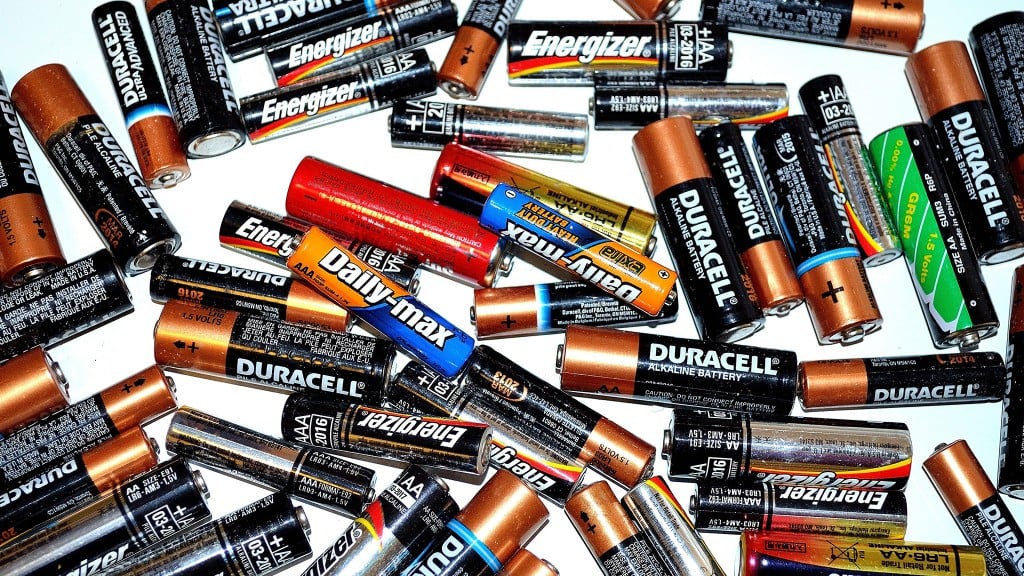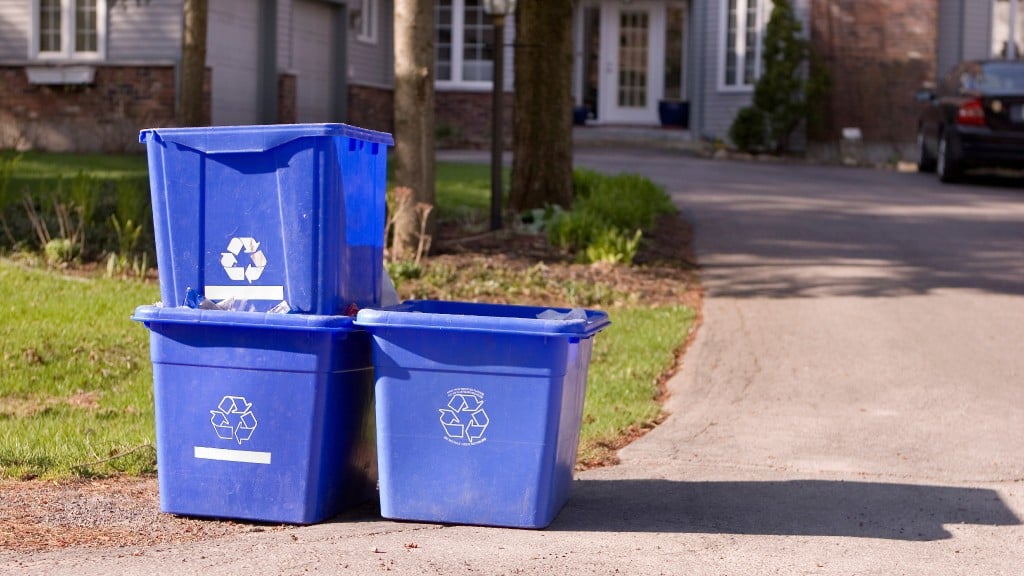AI-powered recycling scanning feature sorts used consumer batteries without a barcode
Bower and VARTA’s first-of-its-kind feature rewards users for recycling VARTA batteries

Bower, the AI-driven waste sorting app and VARTA, a European battery manufacturer, have partnered to release a new AI-powered scanning feature, which allows consumer batteries to be immediately recognized and sorted for recycling without the need of a barcode.
This feature is the first of its kind. It is designed to allow Bower's 700,000-plus global users to be rewarded for sorting their VARTA batteries, of which they produce 1.5 billion each year. This innovation is a result of Bower's successful six-month Google.org Fellowship, whereby the company received a €1.75M/$1.9 million grant, and the support of a team of Google engineers to develop barcodeless sorting technology, which has an 85-90 percent accuracy rate. Since working together, 104,000 VARTA items have been correctly sorted via the Bower app.
"We have been a supporter of Bower's in the Nordics since the very beginning and are now a proud international partner for the Bower AI sorting app across key European markets," says Mark Munz, general manager international sales and marketing at VARTA Consumer Batteries. "As a leading European manufacturer of household batteries, it's our obligation to contribute to a more sustainable future and raise awareness of the topic of battery recycling. Working with innovative technologies like Bower helps us honour this obligation."
Bower and VARTA have also teamed up with Scouts, the global youth social movement, to help encourage the next generation of recyclers. For every four batteries sorted through Bower, VARTA UK donates £1 to Scouts. Through this initiative, Bower and VARTA aim to change generational habits, so that more consumers are knowledgeable about recycling and its effects. This new technology will also help countries reach the ambitious EU Batteries Regulation targets, effective from 2023, which aim for a 63 percent battery collection rate by 2027, increasing to 73 percent by 2030.
Batteries face roadblocks to recycling
In the U.S. alone, over three billion batteries are thrown away each year, creating an estimated 180,000 tonnes of hazardous waste. The average person in the U.K. uses 21 batteries a year, however estimates suggest that just 48 percent of consumer batteries are recycled, despite almost all of them being recyclable. This is because consumers often lack understanding of how or where to recycle their batteries; they view them as "disposable" and "single-use" and treat them as such; and they often lack awareness of the harmful effects of incorrect disposal.
The consequences of improper battery sorting and recycling can be dangerous; batteries put into incorrect bins are fire hazards, causing over 1,200 fires at waste sites across the U.K. in 2023 alone. Improper battery disposal also leads to harmful leakage, which can cause severe environmental damage, contaminate soil and water, and be toxic for both humans and animals. Battery recycling is also essential for facilitating a circular economy, where scarce heavy metal resources, such as lithium and nickel, can be kept in the production loop and reused, instead of ending their life cycles in landfills or household drawers. Recycling also requires less energy than sourcing new materials, resulting in lower emissions of greenhouse gases.
"For far too long inadequate battery disposal has resulted in chemical leaks, contaminated soil and water, and health problems for both humans and wildlife," says Suwar Mert, CEO and co-founder of Bower. "This has to stop, and it all starts with sorting. Thanks to our work with global battery pioneers VARTA, we're making it easier than ever for consumers to know how to responsibly dispose of their batteries. We're proud to be changing the way people sort and recycle, one battery at a time."
Bower app offers cash or rewards for dead batteries
Bower is an AI-driven app that helps users identify and correctly recycle everyday waste, rewarding them with money, coupons, and charitable donations for their efforts. Bower's more than 700,000 users globally have sorted 122 million packages to date, and the platform has enabled 10 tonnes of carbon dioxide savings to date. Bower, which is partnered with companies including Nespresso, Gillette, and Nestlé, was co-founded in 2015 by brother and sister team Suwar Mert (CEO) and Berfin Roza Mert (CPO), and has grown to be one of the most popular apps in its category globally.
Bower's new AI technology removes the need for barcodes when users sort their batteries for recycling, seamlessly scanning and recognizing any quantity of them at one time. This not only simplifies the process, but also makes recycling accessible for trickier items like batteries, which often lack clear labelling or sorting instructions. By providing real-time information on proper disposal methods and offering rewards, Bower is transforming a traditionally difficult recycling task into an easy and incentivized experience.



